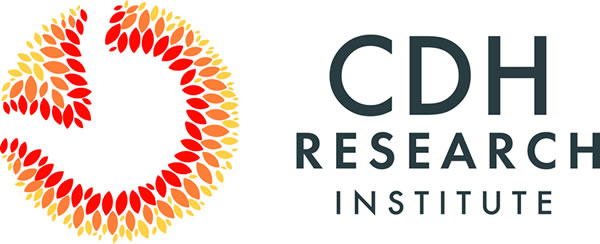Clinical trials are research investigations in which people volunteer to test new treatments, interventions, or tests as a means to prevent, detect, treat or manage various diseases or medical conditions. Clinical Trials assess how people respond to new interventions ensuring they are safe and effective in improving patient health and quality of life.
Clinical trials may also be used to determine whether an existing medicine can be safely and effectively used for other diseases and/or conditions.
As a study medication goes through each phase of a clinical trial, researchers begin to know more about how participants respond to the medication, and any possible adverse reactions to the medication. An early phase study ie phase 1 study means it is being tested on humans for the first time.
With each phase of the study there is more data available for the assessment on the safety and efficacy of a new treatment/medication.
Phase 1 Studies are when a drug is tested in humans for the first time. The testing at this phase looks at the safety of a treatment – or any adverse side effects – as well as assessing dosing levels. These studies generally recruit a small group of healthy volunteers for a short period of time.
Phase 2 Studies test the efficacy of a treatment – or how well it works. These studies are generally done with a larger group of volunteers who have a specific illness. Often these studies have one group of participants receiving the study treatment and the other group receiving either a placebo or the current standard therapy for their illness.
Phase 3 Studies are large scale studies often involving several thousand volunteer participants. The aim is to gain a better understanding of the benefits and possible adverse reactions to the treatment on a larger scale and over a longer period. After successfully completing Phase III trials, a company can submit all the study data to the TGA for market approval.
Phase 4 Studies are conducted after a treatment has been approved for sale. Phase 4 allows companies and researchers to continue to monitor the treatment in the ‘real world’, as well as evaluate how it compares to other treatments available.
As a study medication goes through each phase of a clinical trial, researchers begin to know more about how participants respond to a treatment, and any possible adverse reactions to the treatment. An early phase study ie phase 1 study means it is being tested on humans for the first time.
With each phase of the study there is more data to the safety and efficacy of a new treatment/medication.
Clinical trials are often a valuable option for people with rare or difficult to treat conditions for which there may be limited options of how the condition can be treated or managed, or when all existing treatment options for a person’s condition have been exhausted. There is no guarantee that any individual participant will receive any direct benefit from taking part in a trial.
Clinical trials are important because they serve as the foundation for most medical advances. Without clinical trials, many of the medical treatments and cures we have today wouldn’t exist.
Clinical trials are important because they serve as the foundation for most medical advances.
